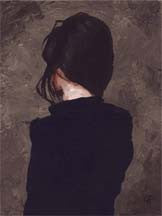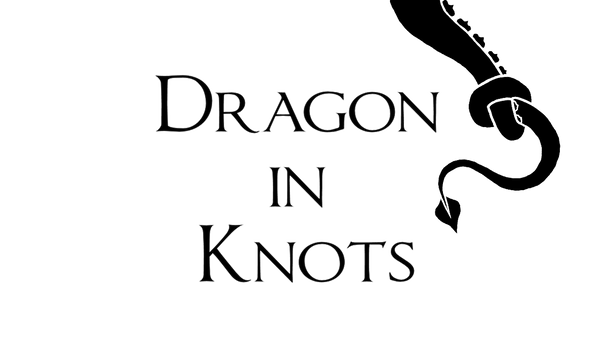
"DESHERITEE" by Malvina Blanchecotte
Share
For many books, different editions are broadly similar, with a few corrections and updates in later editions. This is not the case for Malvina Blanchecotte's Rêves et Réalités. Later editions include a significant amount of added material. The following poem, Déshéritée, was added for the 2nd and 3rd editions.
I struggled with a translation for the title of this poem. "Déshéritée" means underprivileged or disinherited (female person), but that isn't poetic and in the context of the poem, this woman is a black sheep, rather than financially deprived. After weeks of pondering and looking through thesauri and dictionaries, I came to the conclusion that the title used in An Anthology of Nineteenth-Century Women’s Poetry from France (ed. Gretchen Schultz), Outcast Girl, is basically the most poetic option that captures the essence of the woman being described (I considered Refugee briefly, but it has too many political connotations). I removed "Girl" because it is clear that Blanchecotte is describing a full-grown woman with a past; and since I am translating for comprehension and not adhering to the original rhyme scheme or meter, I have more liberty to choose words for their faithfulness to the sense of the original poem.
In any case, I hope you enjoy the poem and my rather less than poetic translation of it, as well as the gorgeous painting that prompted me to ask Gabriel if he would allow me to use his work to illustrate these poems. It captures the mystery of Déshéritée perfectly.
In Umber by Gabriel Frascella* (used with permission)
DÉSHÉRITÉE
Comme on s’appelle Dorothée,
Léopoldine ou Maria,
Gabrielle ou Félicia,
On la nomme DÉSHÉRITÉE.
C’est elle : l’apercevez-vous ?
Distraite, elle vient en silence ;
Son ombre fine se balance,
Gracieuse, en venant vers nous.
Elle a de beaux cheveux d’ébène
Aux nombreux anneaux déroulés,
De grands yeux bleus toujours voilés,
Et puis une taille de reine.
Jamais on ne la voit aux jeux,
Jamais on ne la voit sourire ;
Bien fou près d’elle qui soupire
Et laisse échapper des aveux.
Jamais, jamais, à côté d’elle,
Ne prononcez le mot d’amour ;
Son cœur est fermé sans retour,
Ou peut-être il est trop fidèle.
Peut-être, en un lointain pays,
Il est une autre âme éplorée
Et d’elle à jamais séparée :
O temps, ô rêve évanouis !
Ce qui rend sa voix attristée,
Pâle son front, sombres ses yeux,
Est-ce un regret mystérieux ?
On la nomme DÉSHÉRITÉE.
Août 1856.
______________________________________
OUTCAST
As one might be called Dorothy,
Leopoldine or Maria,
Gabrielle or Felicia,
She is named OUTCAST.
That’s her: can you see her?
Distracted, she comes in silence;
Her delicate shadow sways,
Graceful, while coming towards us.
She has beautiful ebony hair
With abundant loose rings,
Large blue eyes always veiled,
And lastly the figure of a queen.
Never is she seen playing games,
Never is she seen smiling;
Foolish he who near her sighs
And lets escape confessions.
Never, never, next to her,
Pronounce a word of love;
Her heart is closed without return,
Or maybe it is too faithful.
Maybe, in a faraway land,
There is another soul, tearful
And from her ever separated:
Oh vanished time, oh vanished dream!
That which makes her voice sad,
Pale her forehead, somber her eyes,
Is it a mysterious regret?
She is named OUTCAST.
August 1856.
(My translation - The rhyme scheme of the original is ABBA.)
* Gabriel Frascella is an artist based in Georgia. You can see more of his work on his website http://www.gabrielfrascella.com.

